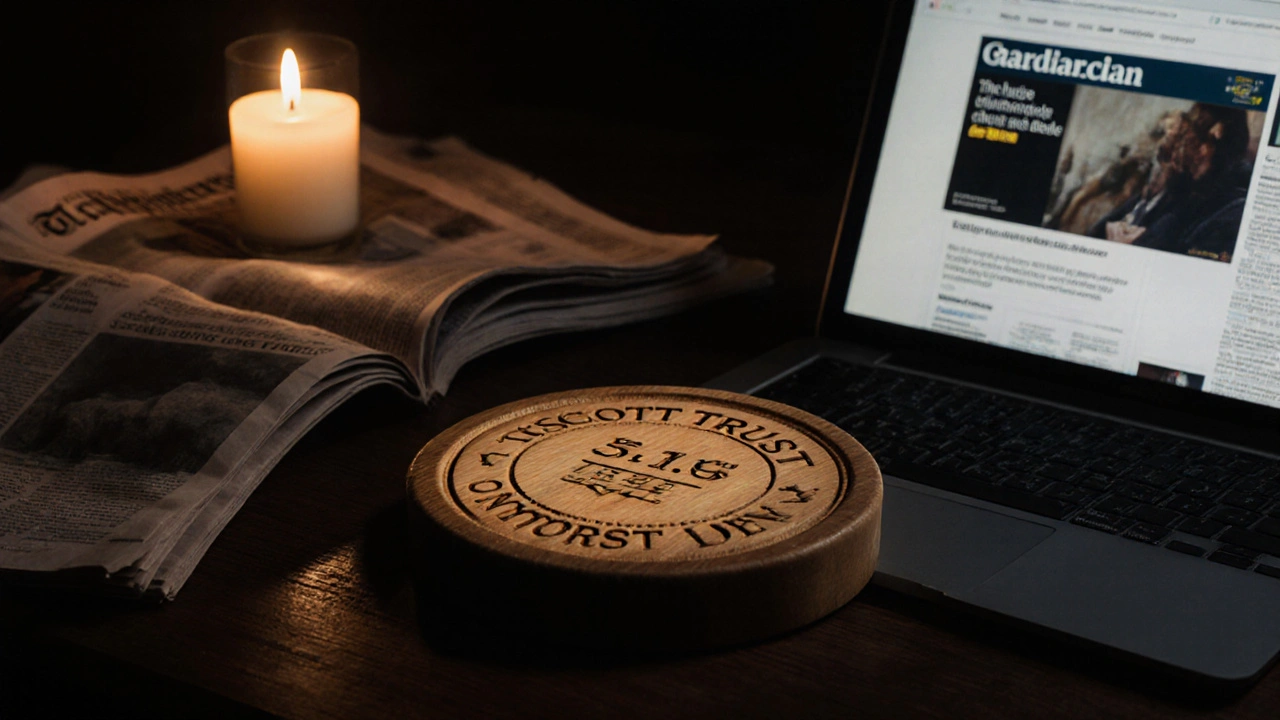Guardian nonprofit: Independent UK journalism and what it means for you
When you read The Guardian, a major UK news organization owned by a charitable trust, not shareholders. Also known as the Guardian Media Group, it operates with a unique model: its profits fund journalism, not investors. That’s not just a detail — it changes everything. While most newspapers chase clicks and ad revenue, The Guardian answers to its readers and its mission. No billionaire owners. No corporate pressure to push certain stories. Just a mandate to report deeply, fairly, and without fear.
This structure makes it a rare player in today’s media landscape. It’s not just another news site — it’s a nonprofit news organization, a media entity funded by donations and reader support instead of advertising or corporate ownership. Also known as mission-driven journalism, this model thrives on trust, not traffic. That’s why it can afford to cover slow-burning issues like housing inequality, NHS funding, or climate policy without needing viral headlines. It’s why you won’t find clickbait about celebrities or manufactured outrage. Instead, you get long-form investigations, data-driven explainers, and local stories ignored by profit-driven outlets.
It’s also why The Guardian’s reporting on UK politics, social justice, and environmental policy carries weight. When it breaks stories on government secrecy or corporate malpractice, it doesn’t have to worry about losing ad dollars from powerful players. That freedom lets it take risks others won’t — like publishing leaked documents, holding police accountable, or covering protests without bias. And it’s not just for Londoners. Its global audience relies on it for clear, factual reporting when other outlets spin or silence.
Behind the scenes, this nonprofit model depends on you. Reader donations, memberships, and subscriptions keep it alive. No paywall blocks access — because the goal isn’t to gatekeep, but to reach as many people as possible with truthful information. That’s why it’s one of the most trusted news sources in the UK, even as others shrink or shift toward sensationalism.
What you’ll find in this collection isn’t just headlines. It’s a look at how The Guardian shapes public understanding of real issues — from NHS crises to housing shortages, from media bias to climate action. These stories aren’t random. They’re connected by a single thread: journalism that serves the public, not profit. And in a time when trust in media is crumbling, that’s not just valuable — it’s essential.
Who Owns The Guardian? The Full Story Behind the Newspaper's Ownership
The Guardian is owned by the Scott Trust, a nonprofit established in 1936 to protect its editorial independence. Unlike other major newspapers, it has no corporate owner, no billionaire backer, and no profit-driven agenda.
